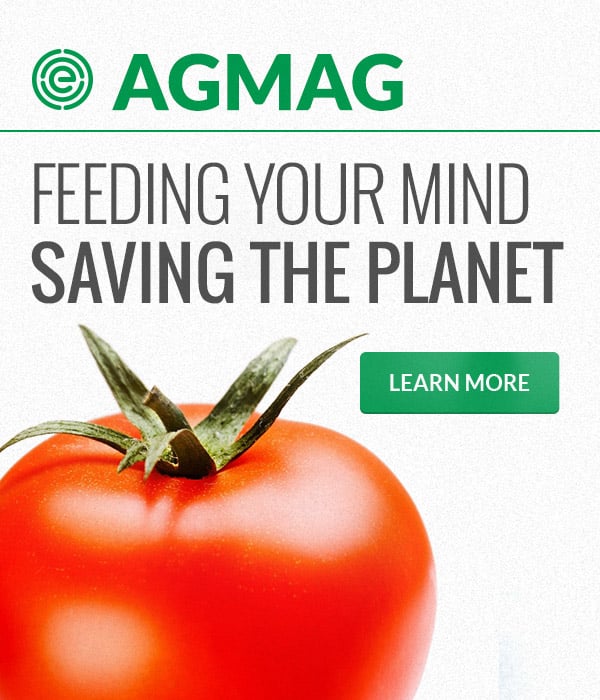Cotton Transistion Assistance Program in Elbert County, Georgia, 1995-2021
Subsidy Recipients 1 to 20 of 40
Recipients of Cotton Transistion Assistance Program from farms in Elbert County, Georgia totaled $69,880 in from 1995-2021.
| Rank | Recipient (* ownership information available) |
Location | Cotton Transistion Assistance Program 1995-2021 |
|---|---|---|---|
| 1 | Bobby A Eavenson | Dewy Rose, GA 30634 | $16,284 |
| 2 | Brad Hill Farm | Elberton, GA 30635 | $14,136 |
| 3 | Bailey Farm | Elberton, GA 30635 | $13,568 |
| 4 | Wansley Farms | Elberton, GA 30635 | $6,779 |
| 5 | Virginia Lee Thomas | Elberton, GA 30635 | $1,641 |
| 6 | Thomas A Mccall | Elberton, GA 30635 | $1,424 |
| 7 | Laura W Smith | Elberton, GA 30635 | $1,309 |
| 8 | Eugene F Lunceford | Elberton, GA 30635 | $1,125 |
| 9 | Balchin Sisters Farm LLC | Elberton, GA 30635 | $1,065 |
| 10 | Iris F Ward | Elberton, GA 30635 | $997 |
| 11 | Randy W Ruff | Elberton, GA 30635 | $972 |
| 12 | Anthony M Mills Sr | Elberton, GA 30635 | $961 |
| 13 | Harold W Mcneal | Dewy Rose, GA 30634 | $851 |
| 14 | Charles A Mueller | Lawrenceville, GA 30043 | $831 |
| 15 | Casey Freeman Farms Inc | Elberton, GA 30635 | $740 |
| 16 | Charles C Mann | Elberton, GA 30635 | $561 |
| 17 | Hideaway Plantation Lp | Chattanooga, TN 37402 | $532 |
| 18 | William Lee Dobbins Jr | Anderson, SC 29625 | $521 |
| 19 | David C Hudson Jr | Elberton, GA 30635 | $453 |
| 20 | Susan H Maxwell | North Augusta, SC 29860 | $435 |
* USDA data are not "transparent" for many payments made to recipients through most cooperatives. Recipients of payments made through most cooperatives, and the amounts, have not been made public. To see ownership information, click on the name, then click on the link that is titled Ownership Information.
** EWG has identified this recipient as a bank or lending institution that received the payment because the payment applicant had a loan requiring any subsidy payments go to the lender first. In 2019, the information provided to EWG by USDA began to include the entity that received the payment, rather than the person or entity that applied for it, which was previously provided. This move to shield subsidy recipients from disclosure enables USDA to further evade taxpayer accountability. Six percent of subsidy dollars went to banks, lending institutions, or the Farm Service Agency.”
Next >>




 Federal crop insurance reform vital for incentivizing climate adaptation on farms
Federal crop insurance reform vital for incentivizing climate adaptation on farms
 Farm Subsidies Ballooned Under Trump
Farm Subsidies Ballooned Under Trump
 Is Federal Crop Insurance Policy Leading to Another Dust Bowl?
Is Federal Crop Insurance Policy Leading to Another Dust Bowl?
 Double Dipping:
Double Dipping: The "Farm Crisis" Myth
The "Farm Crisis" Myth
 Crying Wolf
Crying Wolf